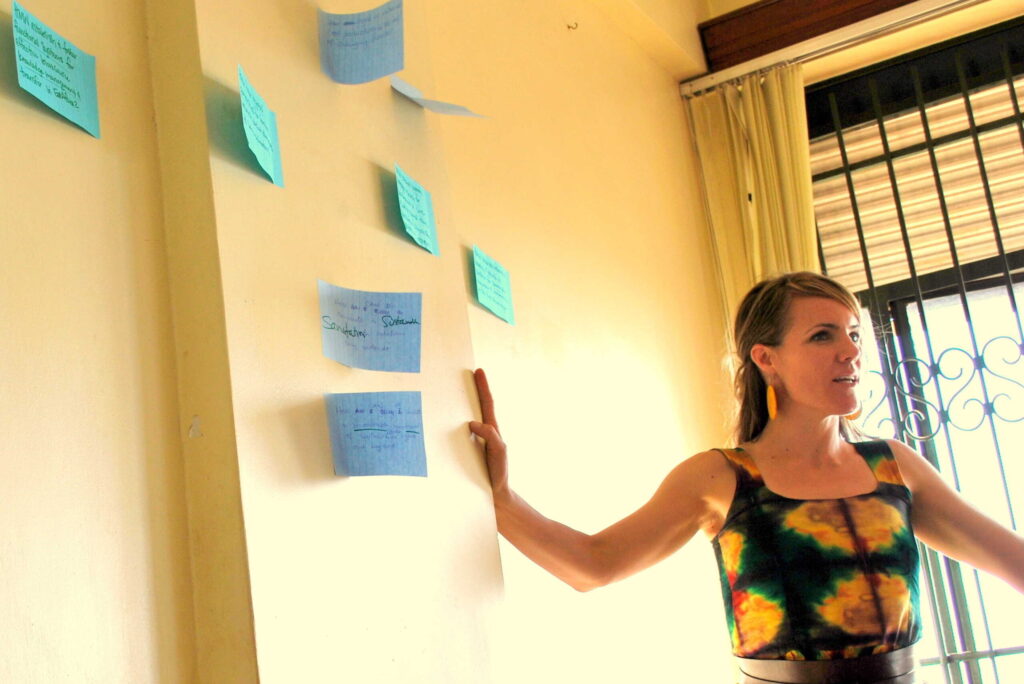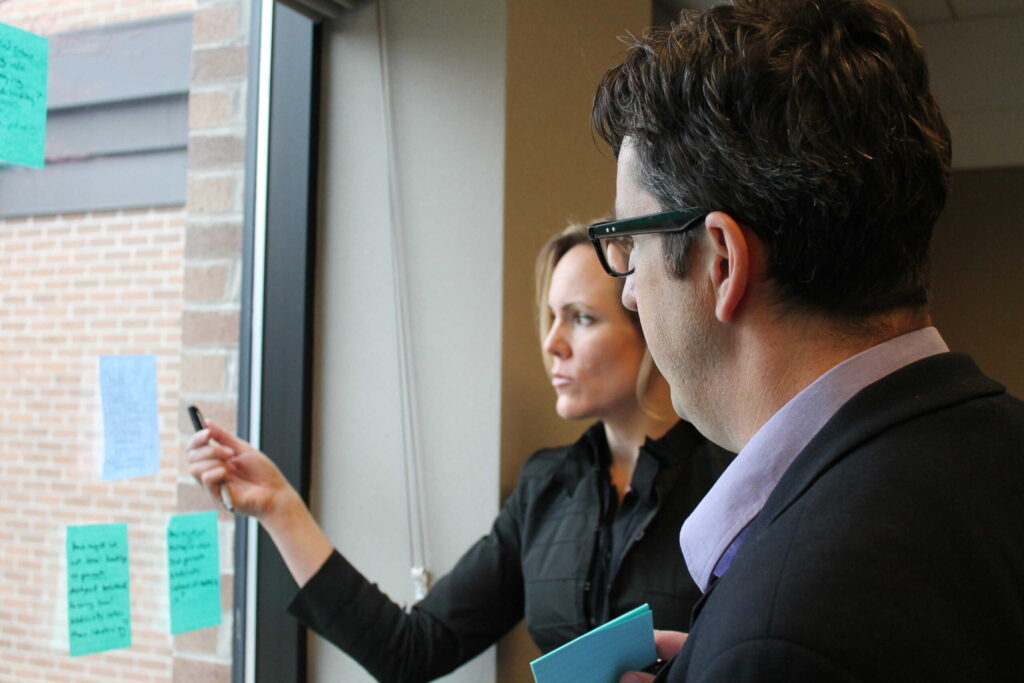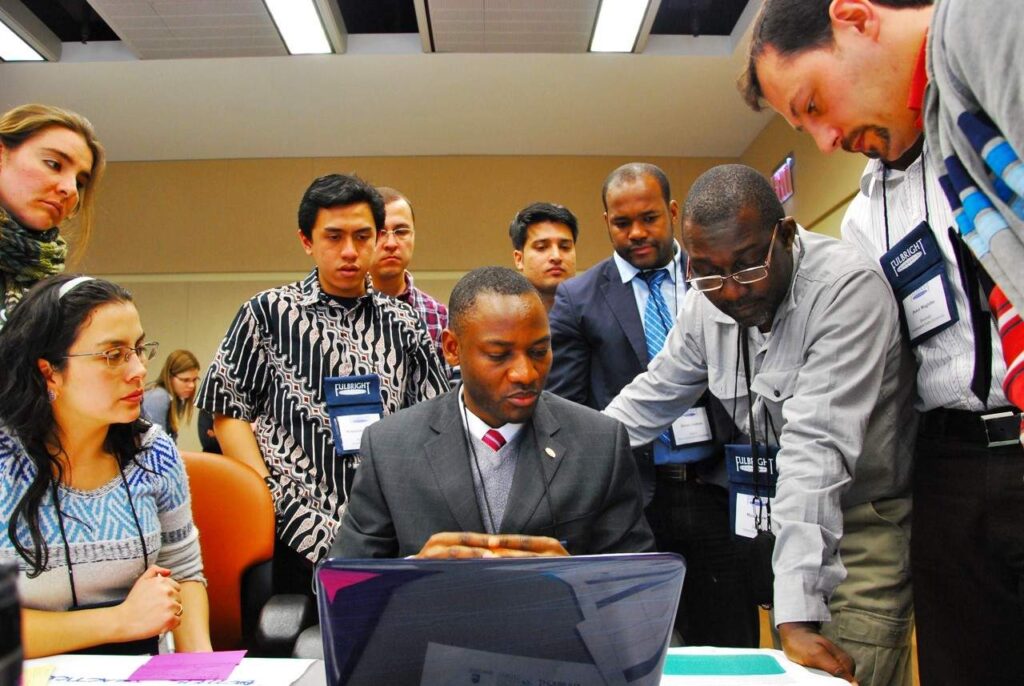How might we build capacity among South African social entrepreneurs to test and scale their innovations?
Skills Training on Collaborative Innovation and Social Entrepreneurship
Challenge
In South Africa, 66% of the population is below 35 years of age. Integrating this fast-growing demographic into the labor market has emerged as a major challenge. Although not isolated to South Africa, with such a young population seeking employment, entrepreneurship offers a possibility to satisfy job seekers’ demand and grow the economy. However, the right mix of training, mentorship, risk capital, and other ingredients are critical for entrepreneurial success. This is even more the case for social entrepreneurs who thirst to do well by starting their own ventures that do good. However, too few opportunities for would-be entrepreneurs exist in South Africa to help them develop expertise in basic entrepreneurship skills—understanding the market and users, testing solutions—which limits the potential for young South Africans.
Solution
GKI’s Learning and Innovation Network for Knowledge and Solutions (LINK) Program offers a critical resource in this landscape. LINK helps entrepreneurial teams across Africa apply collaborative innovation tools and techniques and create purpose-driven networks to address deeply entrenched development challenges. As a key component of delivering on this mission, the program also builds the capacity of changemakers to develop, test, refine, and scale their innovations.
“I learned a lot! You think you know what your customers and stakeholders think, but you don’t! ….[The course] makes me realize about all the things I didn’t consider while designing my program…like incentives for stakeholders” – Dr. Sandy Turketti, LINK Finalist
The first step in LINK is to define a problem and identify the entrepreneurs and stakeholders working on addressing it. Using a challenge prize competition approach, in its fourth round of LINK, GKI selected Dr. Sandy Turketti and Dr. Rose Mboya of Stellenbosch University for their work in addressing post harvest food loss. Attendees kicked off the training by learning about and then applying human-centered design approaches to deepen their understanding of their core problem and relative value of their solutions. Over the course of the next two days, they conducted an in-depth analysis of potential innovation strategies, building visual prototypes of the key activities, resources, and partners needed to achieve intended outcomes. They practiced methods to refine their solutions, taking into account considerations such as differing market segments, distribution channels, and their value proposition.
Results / Outcomes
- Offered 8 modules, each with an interactive component
- Training attended by entrepreneurs, university students, teachers and LINK finalists, each with an idea already launched, or an idea that they desired to launch shortly
- Incubated one attendee’s idea to develop the value proposition and prototype a pilot university program that was launched in August 2016 in partnership with Stellenbosch University’s Sustainability Institute
- Attendees demonstrated an 18% increase in awareness of the entrepreneurship and business concepts and skills taught in the workshop
- Trained attendees to define and improve project design and develop roadmaps




